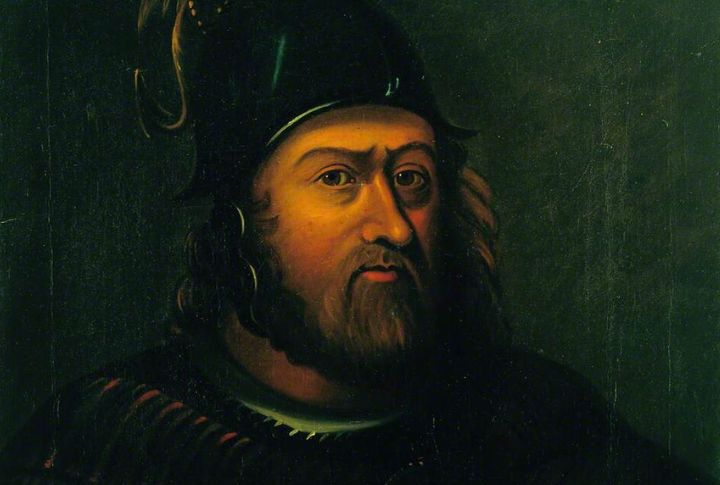
Not all heroes come from royal lines or wear polished armor. William Wallace is one of such. He was shaped by conflict and belief and didn’t seek power, yet history gave him the burden of leadership. Ahead lies the story of a man who is remembered as Scotland’s one-time guardian of freedom.
Scotland Lost Its King And Gained A Crisis
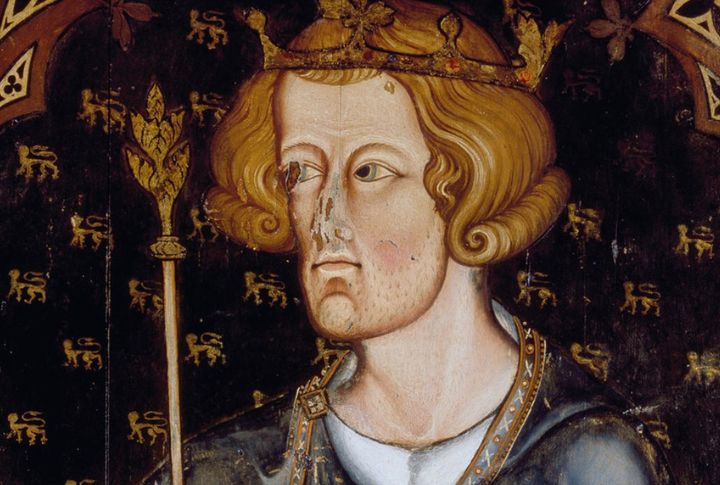
A late-night fall from his horse in 1286 cost King Alexander III his life. With no living sons, the Scottish crown passed to his young granddaughter Margaret, who died on her voyage from Norway. King Edward I of England used the succession crisis to tighten his grip on Scotland.
Wallace Grew Up Quietly But Carried A Blade
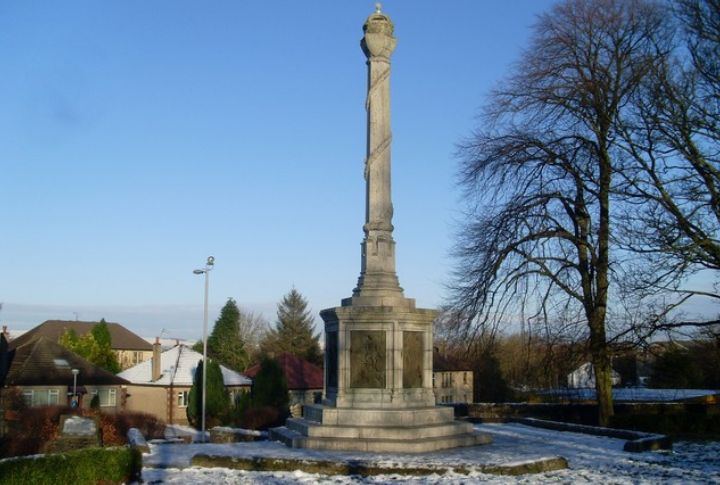
Born around 1270 in Elderslie, Wallace was the son of a minor landowner. He received a classical education and was trained in arms, but his hatred of English authority grew as foreign troops policed Scottish towns. The killing of his brother may have pushed him from quiet resentment into armed defiance.
Lanark Was Where The Legend Took Root
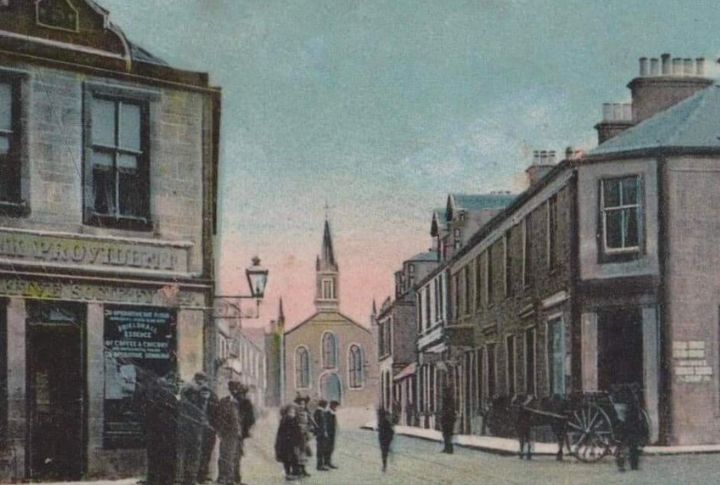
In 1297, Wallace attacked Lanark and killed Sheriff William Heselrig in an act of brutal precision. Some accounts say it avenged his wife’s death. Whatever the cause, the strike electrified the local population. Rebels rallied, and Wallace’s name began to echo far beyond the narrow streets of Lanark.
Stirling Bridge Changed Everything Overnight

September 1297 brought Wallace and Andrew Moray face to face with English forces at Stirling Bridge. Though vastly outnumbered, they struck as the enemy crossed the narrow span. The trap worked. English troops fell in waves, and the stunning victory made Wallace the central figure in Scotland’s armed resistance.
The Crownless Guardian Faced A Nation’s Expectations
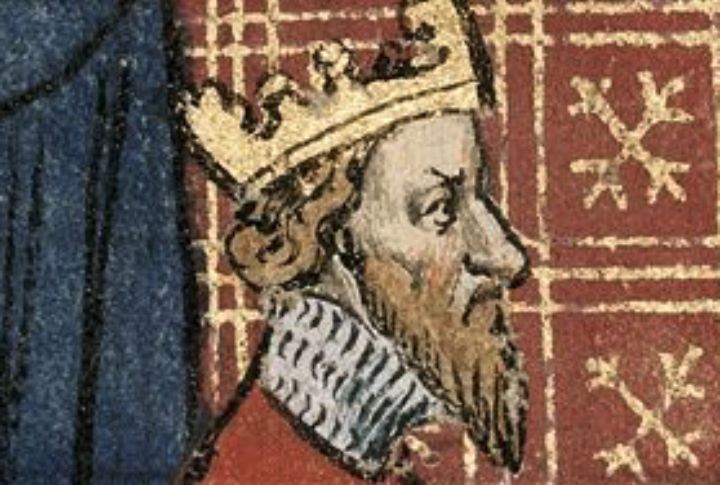
Following Stirling, Wallace was named Guardian of Scotland in the name of exiled King John Balliol. He reorganized the defenses and attempted to unite the nobility, but not all of them trusted him. His birth outside the aristocracy remained a quiet point of friction, even as he led with growing urgency and vision.
Falkirk Broke The Momentum And The Myth

The battlefield at Falkirk in July 1298 brought Wallace’s rise to a sudden halt. English longbowmen shattered the Scottish schiltrons by piercing their dense formations. The defeat forced Wallace to resign as Guardian, and many nobles withdrew support, unsure if he could lead Scotland to lasting independence.
Exile Led Him Into Foreign Courts And Empty Promises
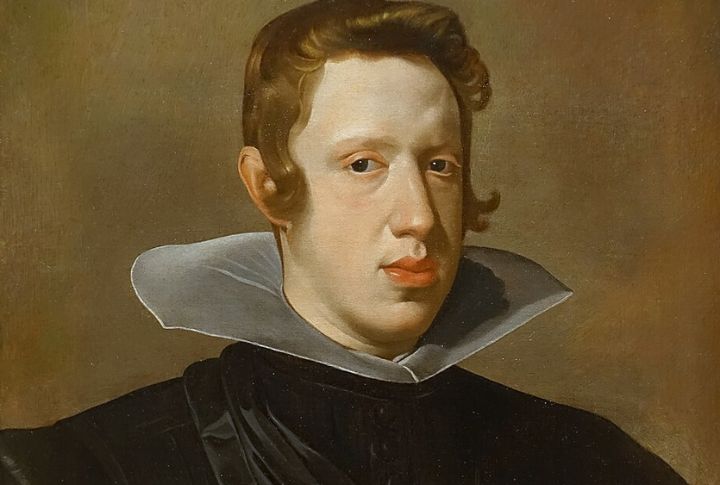
After Falkirk, Wallace left Scotland and headed for France. He sought military support from King Philip IV and possibly also appealed to the pope. Though he was treated with courtesy, no reinforcements came. At the end of his journey, Scotland was still exposed, and Wallace was unable to alter that reality.
A Familiar Face Handed Him Over To The Crown

In 1305, Wallace was betrayed near Glasgow by John de Menteith, a fellow Scot loyal to Edward I. Captured without a fight, he was taken across the border under heavy guard. His downfall came not from battle but from betrayal within the very nation he tried to defend.
The Trial Was A Spectacle, Not A Proceeding
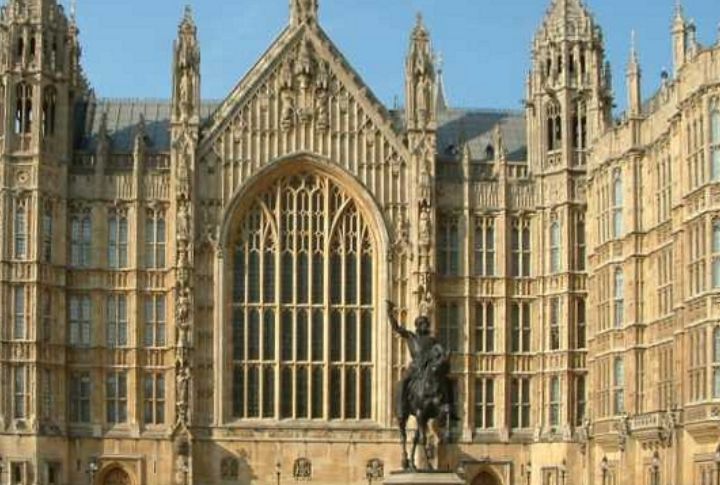
His sentence was already sealed: death by hanging and quartering. In Westminster Hall, Wallace stood before his accusers and refused to plead. He insisted he owed no loyalty to Edward I, and therefore, treason was impossible. The performance served England’s image, not the cause of justice.
What England Meant As A Warning Became A Banner

Wallace’s body was mutilated and displayed in four cities as a warning. But the message backfired. His brutal death deepened Scottish anger, which inspired further resistance. Over time, Wallace became a martyr and a symbol of national pride. His name endured far longer than the punishment ever intended.

